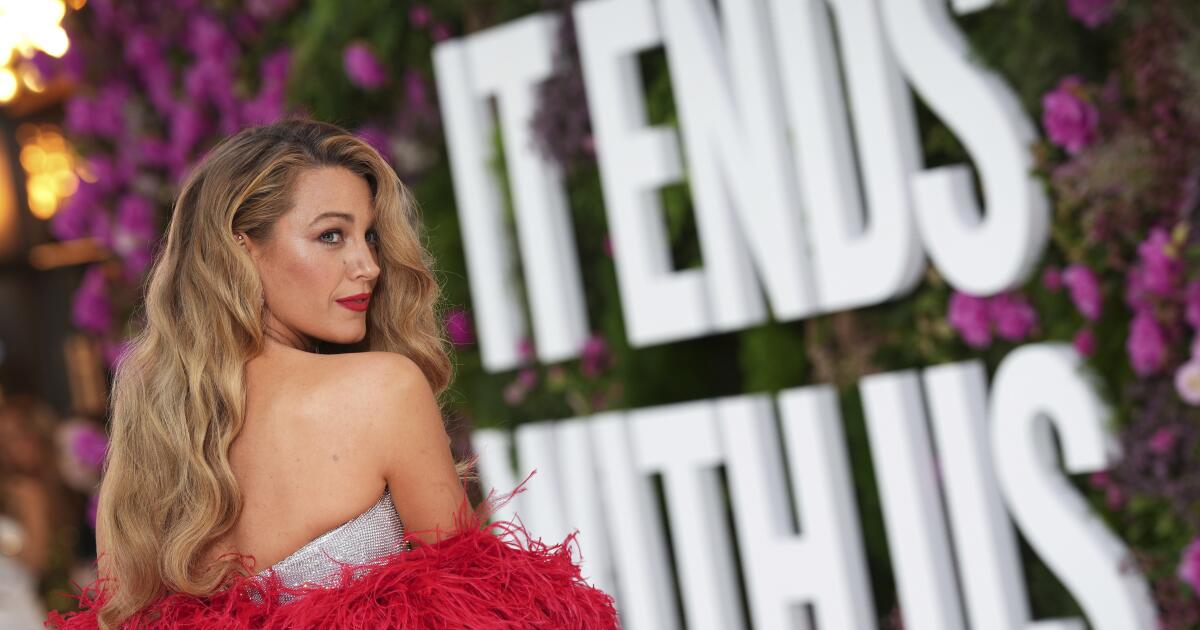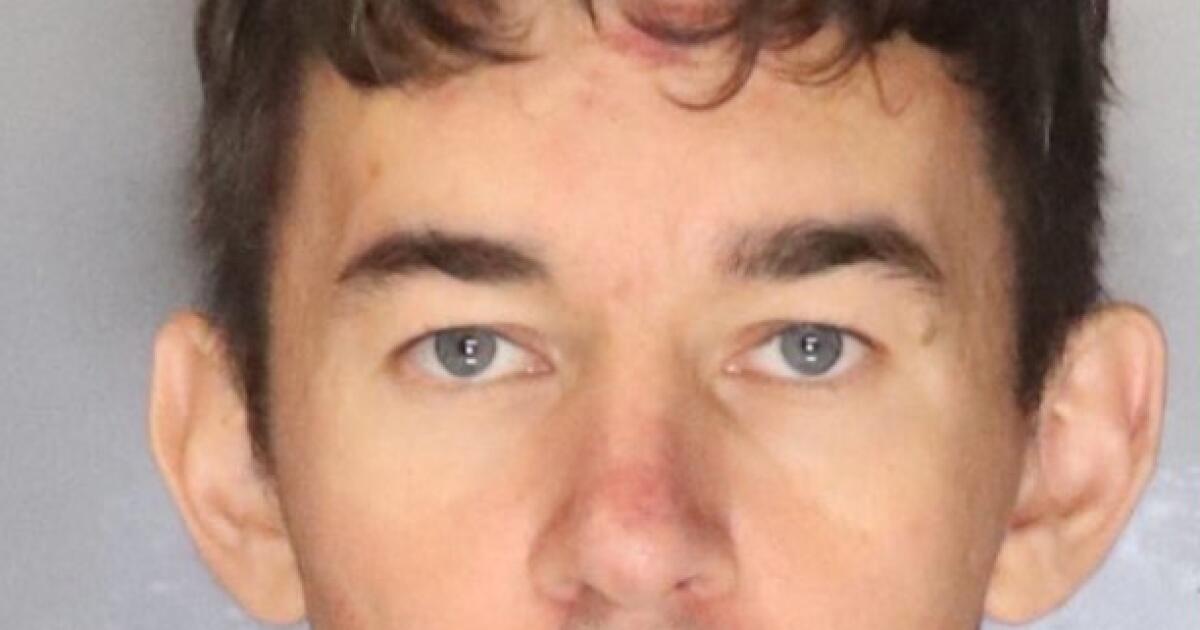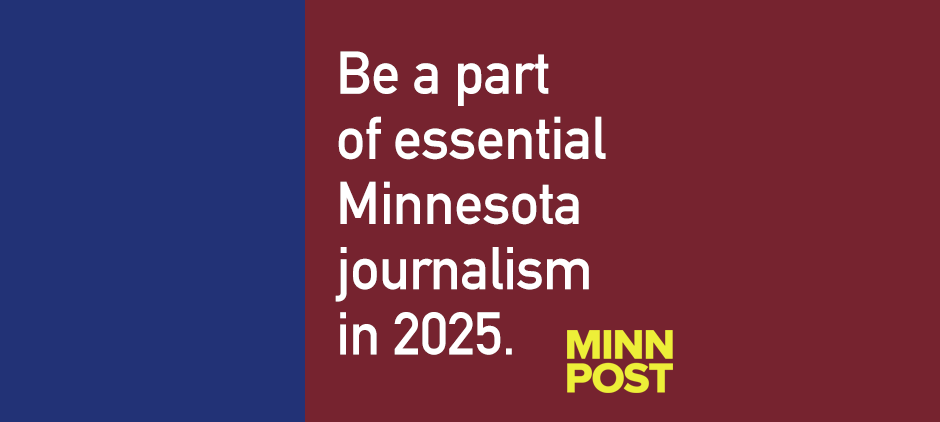This spring, bass singer David Leigh will be performing at the historic Palais Garnier with the Paris Opera, singing the role of Virgilio (Virgil) in Pascal Dusapin’s 2022 adaptation of “Il Viaggio, Dante,” (Dante’s Divine Comedy.)
And that’s just part of a globe-trotting season for the graduate of the Metropolitan Opera’s Lindemann Young Artist Development Program, with additional stints in New York, Washington, Nashville and Prague during this season alone.
Lucky for us, the son of Mitch Leigh, who wrote the music for the musical “Man of La Mancha,” stops by Minneapolis on Wednesday for a recital with the Minnesota Opera’s own head of music and pianist Mario Antonio Marra. The two met as music students and are gleeful at the chance to collaborate on an evening of American and Russian songs. Here’s an interview with the two musicians about their history together and the upcoming concert. The interview has been edited for length and clarity.
Sheila Regan: I kind of wanted to hear about how you guys met.
Mario Antonio Marra: We met at the Music Academy of the West, which is a phenomenal summer program for young classical musicians. We put on an opera there — the “Magic Flute,” and we also did a lot of recitals together. And there’s a competition, and David and I were paired to make music together that summer. We met there in the dormitory overlooking the grassy field of the Cate school.
Sheila: Were you the same age?
David Leigh: Roughly, but Mario was a baby. Mario was 21 and I think I was 24 or something. Mario shows up at Music Academy and the first day, there’s what they call Death by Aria in classical music. Everyone sings one aria, and you just listen to all these people. It’s always terrible music making. Mario is sitting there making music because he’s 21 and still an idealist. Mario is really making deep music, and I’m just sitting there in the front row because they made us sit in the front row, and I’m thinking, this guy is next level. What is his deal? I made it my mission to befriend Mario, and then we got to be friends, and we worked together a bunch that summer.
MAM: I really should bring David around as my hype man. I’m finding this out very clearly through this process.
![Minnesota Opera’s own head of music and pianist Mario Antonio Marra: “The first thing that I remember about David [Leigh] is his voice, the quality of David’s voice at that time was just kind of astonishing.”](https://www.minnpost.com/wp-content/uploads/2024/12/MarioAntonioMarra740.png)
SR: What was it that you were experiencing that made you connect so much to his music?
DL: When you hear Mario play — we had a running gag about it — he breathes like a singer, and actually he breathes better than a singer, and he breathes louder than a singer. He’s just this crazy over-the-top artist, you can’t miss it. The way that he’s thinking about the music comes across even before he presses the keys.
MAM: David and I really got to know each other musically that summer. I think it would be fair to say that our friendship developed in the years that we were back in New York and were able to kind of see each other. But the first thing that I remember about David is his voice, the quality of David’s voice at that time was just kind of astonishing. It was loud, it was beautiful and there was this visceral passion that just grabbed you when you were listening to it, and that kind of raw power, this kind of primal thing is hard to come by, quite honestly.
And the second thing that struck me about David was the brain of this man. He studied composition at Yale when he was an undergrad, and I got to see some of these early things that he was writing that summer, one of which we’re going to play on the program.
David: It was written for Mario, yeah.
Mario: One of the things you may not know about David is that he is very popular on Quora.
SR: Quora… that’s like Reddit, right?
DL: It was an early Reddit competitor. People would ask questions about, how does an opera singer think about high notes? What’s a performance day routine? I was told that you needed to have two forms of social media when I was at the Met. Well, the problem is I’m not a photo person. I’m a long form content person. So I was like, I guess I’m on Quora. People still come to my concerts and are like, I know you from Quora.
SR: So the program that you guys are going to do together includes songs that you wrote, David?
DL: It includes American folk songs that I wrote the arrangements for. I have a composition background, like Mario said. I’m a big believer that even if you don’t have a composition background, singers should be comfortable making their own clothes. You have to be a tailor, fitting it to your own body.
But, yeah, I wrote the arrangements, and some of them are sort of unconventional. Given that, I would say they’re accessible. Often when I’ve done them, people are not like, “Wow, what a weird thing Schoenberg wrote.”
SR: Are you doing a folk song by Schoenberg?
DL: No, sorry, that was a joke. Just standard American folk songs. So we’re doing, “O Waly, Waly.” We’re doing “Joshua Fit the Battle,” We’re doing “Go Down Moses,” and we’re doing “Poor Wayfaring Stranger.” I arranged them in a way that I hear them in my head.
SR: And Russian folk songs?
DL: We talked about doing a Russian folk song group, and then decided it was too many folk songs. We’re doing a Russian set by Shostakovich, which is amazing. He wrote them for his own birthday party, and it’s hilarious. And then we’re doing a set of deeply beautiful Russian art songs. And then we’re doing a set of Charles Ives. Mario and I have a New Haven connection. I went to school for six years at Yale, and Mario grew up in New Haven. Charles Ives is a famous composer from New Haven, and we had bonded over love for Charles Ives many, many years ago.
SR: What do you two like about Charles Ives?
DL: Oh my God. He was a lunatic.
MAM: Ives was a composer and an actuary. He has the most interesting kind of compositional sensibility. His father was a band leader. There’s a story of him hearing these two bands playing in different keys, crossing each other, and understanding music through that kind of sound. So you get this very American town square band at a parade idea from a lot of his works. And then you layer on top of that this sense of dissonance and the modernist kind of movement of that period.
The songs are about patriotism and mothers and fathers. The way that Ives finds the discordant colors in the piano part to offset the beauty and the simplicity of the language I think is very relevant to today. It’s very relevant for us to to hear words like “Over there, Over there,” the old war song, or to hear “Songs My Mother Taught Me,” which is the text that has been set by so many composers, and ask questions about how we feel about our mother, how do we feel about our father? How do we feel about our country? Ives created this world in which these questions are possible.
DL: You listen to Ives’ music, and it sounds like a New England Christmas card by a person who couldn’t just paint a New England Christmas card, he just couldn’t bring himself to just do that. He had to include these Easter eggs all over the place. I think for us, it’s very rewarding as an artist to engage with this type of music, which is sort of infinitely dimensional.
SR: David, I heard you wanted the title of this show to be “A Small Subset of the Music I’m Desperate to Make with Mario.”
DL: Yes, this should have been the title. I got overruled, and now I’m making it happen. We have been wanting to do a recital together since we met that summer. A full recital. We’ve done recital-ish stuff.
MAM: I just feel so lucky that Minnesota Opera is going to be the place that brings David to Minnesota, and that Minnesota and people in the Twin Cities can experience him in such an intimate environment, because the power of that voice and the power of this artist is something that I really don’t think we get the chance to hear all that often.
SR: Mario, I know you’re at the opera, but you also do recitals and programs outside, but for musicians that end up with an institution and more fixed in geographically, compared to a career focused on touring more and working with a lot of different companies — how much choice is that? How much is it fate?
MAM: I spent a good amount of time bopping around between places and doing that, and that was great. And then I was fixed in Germany for three seasons, and that was great. And then I decided to come here and be fixed here at Minnesota Opera, and this has been great. They’ve all been different challenges. For me, it has always been a choice. The reason that I chose to come to Minnesota Opera, quite frankly, was because this job came with the opportunity to be the director of the resident artist program, which is the company’s training program for young singers and pianists. And that was something that I knew interested me and that I had not had the chance to do yet in my kind of young career, and that was what clinched me being in Minnesota.
DL: It’s a different question for a singer. I think, past a certain level. As a singer, you really can’t be fixed in one place. In Europe, it’s a little more possible. But if you’re having a really top tier career, there’s really no way of being just at one company. I have two kids now, that’s kind of hard. And I think this concept of place as an operatic artist is really interesting as a result, because, so I’m based in New York now. The year I met my wife, I was in New York for two weeks, and I was traveling for 11 and a half months, and I met her during those two weeks. Now, my agents hate me, and I’m home for three, four months.
This concept of place becomes so central to who we’re able to be, because otherwise everything is just in flux. If you don’t feel an attachment to Minnesota when you’re there, then you can’t look out at an audience and feel empathy for them, and feel love for the audience, and feel therefore, that you’re able to give your best performance. You’re sort of finding attachment to different places all the time. And I think Mario, in that sense, is very lucky to have attachment to Minnesota, a place in America that feels comfortable, but also that feels like a jumping off point for a major career. And I feel really blessed to get to do my first thing in Minnesota. I feel already an affinity for the place.
An Evening of Russian and American Songs, part of the MNOP+ Recital series, takes place Wednesday, Dec. 18, at 7 p.m. ($25). More information here.








Leave a Reply